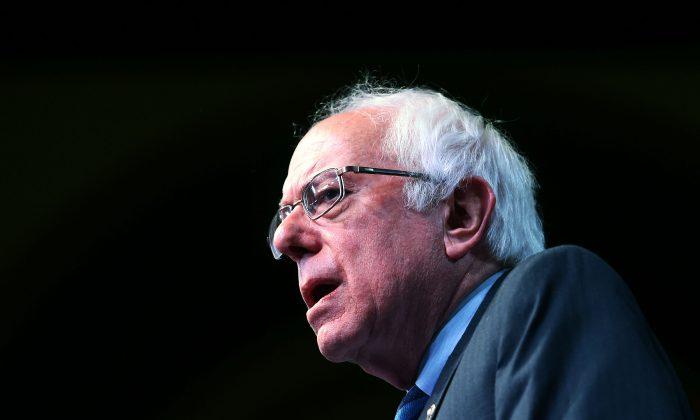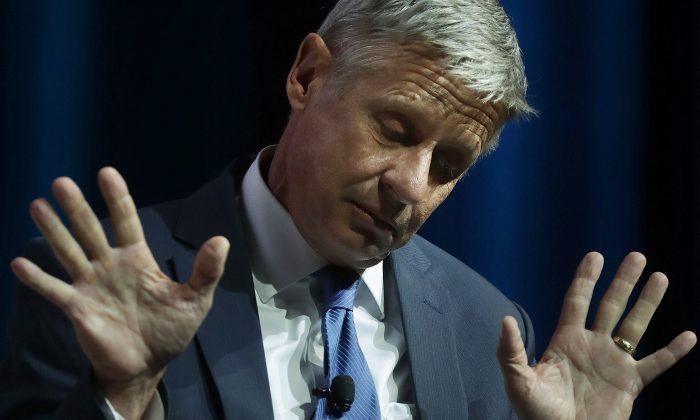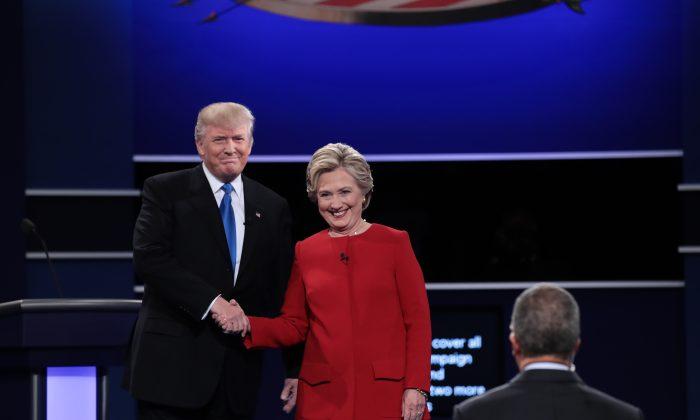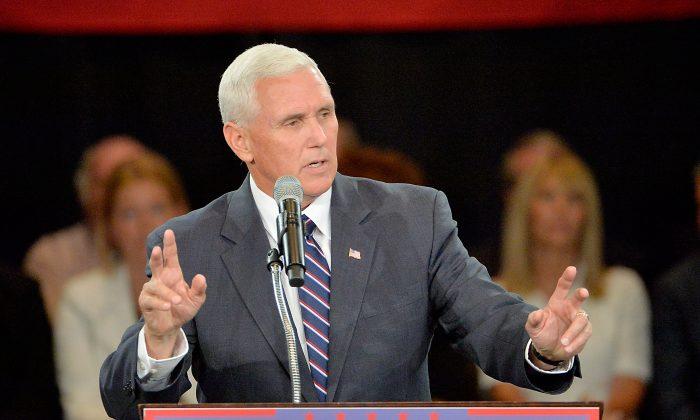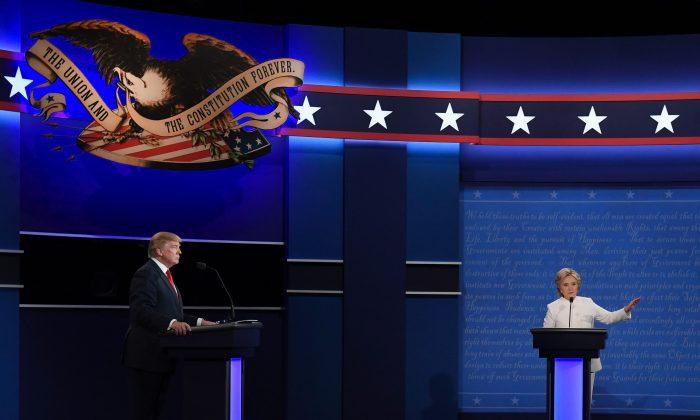Bernie Sanders can win every single primary in the remaining 12 contests and still lose the Democratic nomination because the party allocates delegates proportionally.
Vermont Senator Bernie Sanders is poised to win in West Virginia on May 10, but as some have pointed out, even a 15-point margin would only dent Hillary Clinton’s almost insurmountable 283 pledged delegate lead by 4 delegates.
And this has been the Sanders struggle towards the nomination since fell behind in the delegate count, first early in the primary season in the Southern states, and then in the Northeast.
A couple of states coming up, including the Northwestern Oregon, Montana, and North Dakota, are surefire states for a Sanders win—although those states hold little in the way of delegates. In bigger states like New Jersey and New Mexico, however, he faces longer odds.
Then there’s the last state, California.
Despite the long odds, Sanders has continued campaigning hard, most recently in New Jersey, where he held large rallies in New Brunswick and Atlantic City:
“If we can win here in New Jersey and win in California and win in some of the other states and if we can win a majority of the pledged delegates, we’re going to go into Philadelphia and the Democratic convention and expect to come out with the Democratic nomination,” Sanders said at a rally in Atlantic City.
The current delegate count is 1,704-1,421, in favor of Hillary Clinton, and with 2,026 pledged delegates necessary in order to secure the nomination.
That’s not even mentioning the superdelegates, who have endorsed Clinton 523-39, which has given Clinton an insurance policy for the Democratic convention in case she doesn’t make a majority before then.
With superdelegates in tow, CBS has projected that Clinton only needs to win 17 percent of the remaining delegates in order to clinch the nomination, which means that even if Sanders wins all of the remaining contests, he could end up losing the nomination.
The logic for the Sanders campaign to continue running is twofold—to keep Clinton from making it to 2,026 pledged delegates, and to make the argument that he is the more electable candidate between Clinton or him in order to sway superdelegates.
If he comes up short on both objectives—the endgame for the Sanders campaign is to try and influence the Democratic platform, pointing to the enthusiasm and strong support of younger voters brought into the Democratic party and voting process.
